

|
en |
|
Research |
|
One of our research topics focuses on the evaluation under laboratory and field conditions of the potential of indigenous predatory insects and mites species as biological control agents of important crops pests.
We are interested mainly in predatory lacewing species (Chrysopidae), predatory bugs (Nabidae) and predatory mites (Phytoseiidae) |
|
Indigenous predatory insects and mites as biological control agents of key pest species |
|
In modern integrated pest management the use of pesticides with low toxicity to non target organisms (mainly pollinators, predators and parasitoids of pest species) should be a priority for growers and pest management consultants.
In our laboratory the toxicity of several pesticides which are available in the market are now being evaluated for a number of indigenous and commercially available biological control agents (predators and parasitoids). Several different protocols (e.g. IOBC, EPPO) have been used under laboratory and semi-field conditions and our aim is to provide growers and their consultants with a guide of possible toxic side effects of the available pesticides on most common predatory species in different crops in Greece. |
|
Side effects of pesticides on non target arthropods |
|
Chemical control in many cases is the only direct and efficient, curative control measure against pest infestations. However, in several cases the development of resistant to the available pesticides pest populations render these chemical weapons inefficient.
During the last couple of years in our laboratory we collect key pest species populations (e.g. thrips, whiteflies, spider mites) from different regions of Greece and evaluate their resistance levels to several commonly used pesticides. The aim of this effort is the establishment of a database which will help in the early detection of insecticide resistant populations of these pests. Inheritance and fitness costs of insecticide resistance development are also included in our studies. |
|
Development of insecticide resistance in key pest species populations |







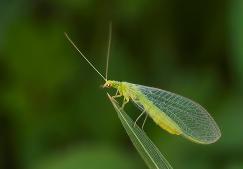
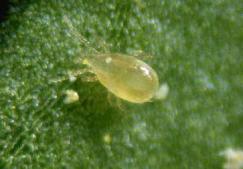


|
Beyond predation: exploring the role of omnivorous predators in the activation of plant defenses to optimize biological pest control’ (2015-2017, IKYDA Bilateral Exchange Program Greece-Germany) Dr Maria Pappas (PI of the Greek group) and Dr George Broufas, Democritus Univ. of Thrace Prof. Nicole Van Dam (PI of the German group) , German Centre for Integrative Biodiversity Research, Halle-Jena-Leipzig Jun.-Prof. Anke Steppuhn, Institute of Biology, Freie Universität Berlin |

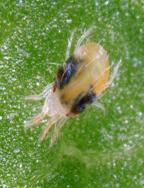
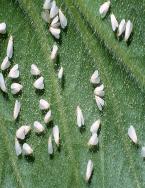
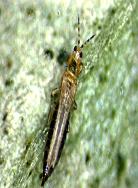


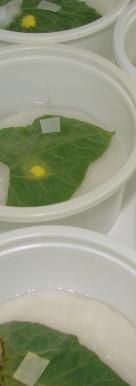

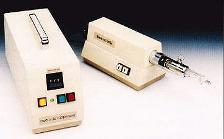
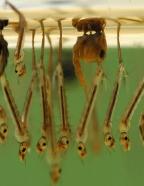

|
Updated March 2015
|

